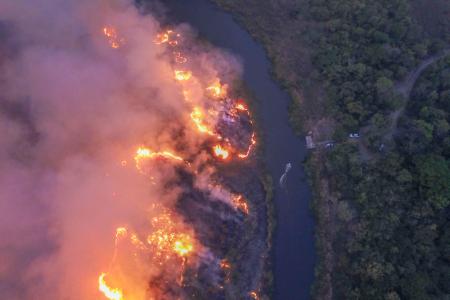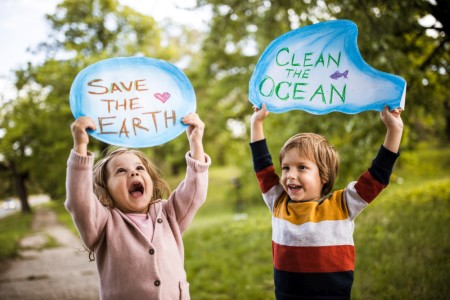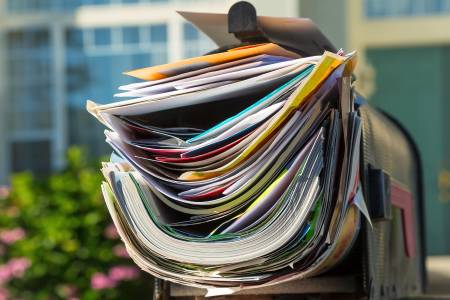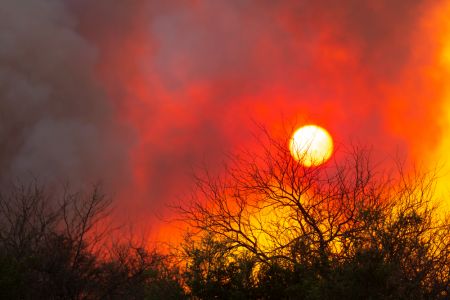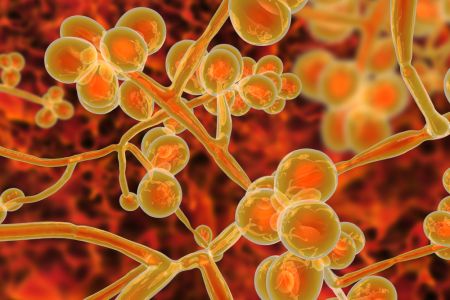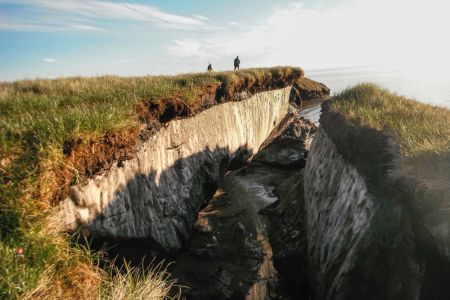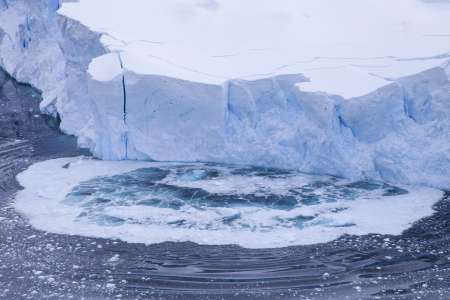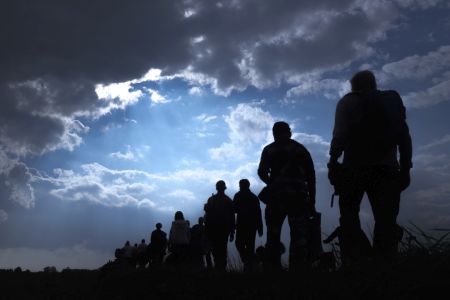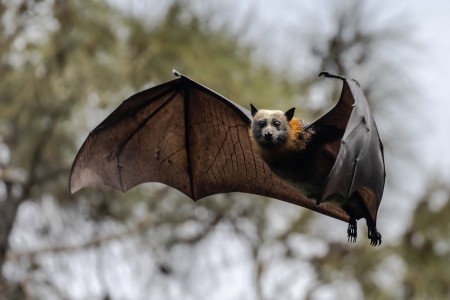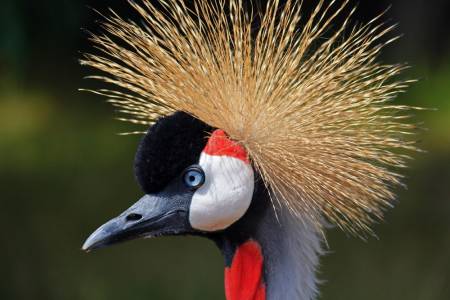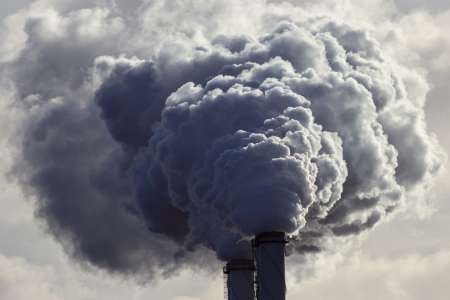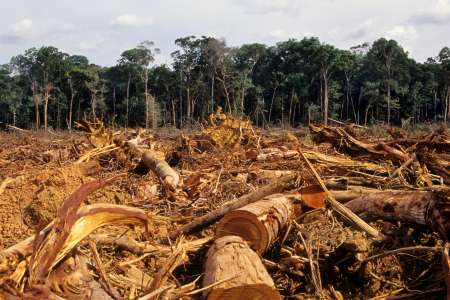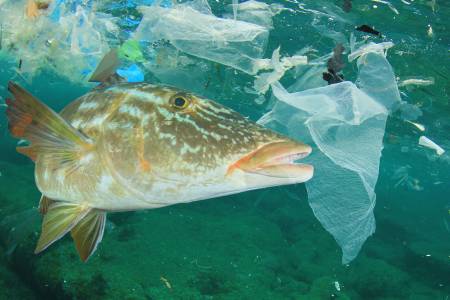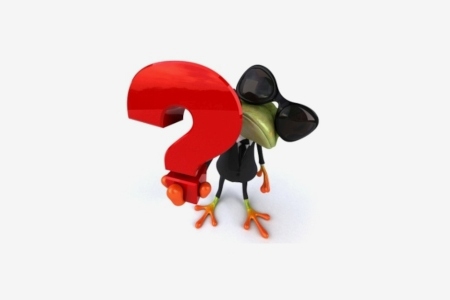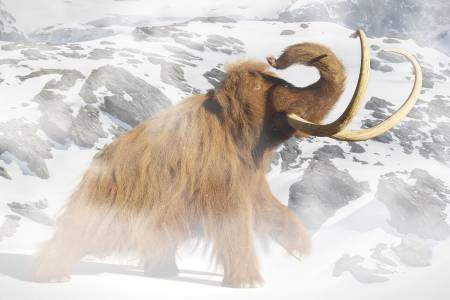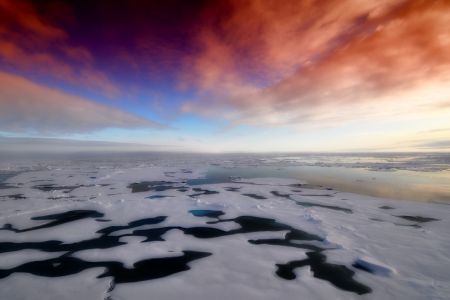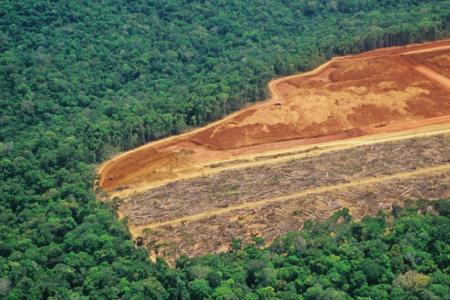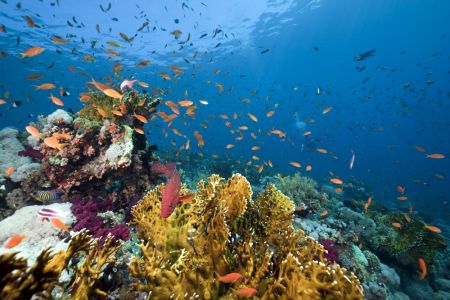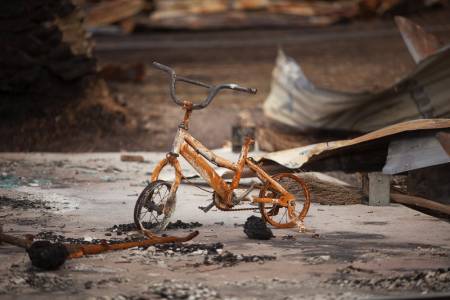Living with Ecological Catastrophes
Year by year, almost month by month, we see rising costs from ecological devastation. The good news is that we can take action to stem the costs that we are creating. We must do it!
06/17/2024
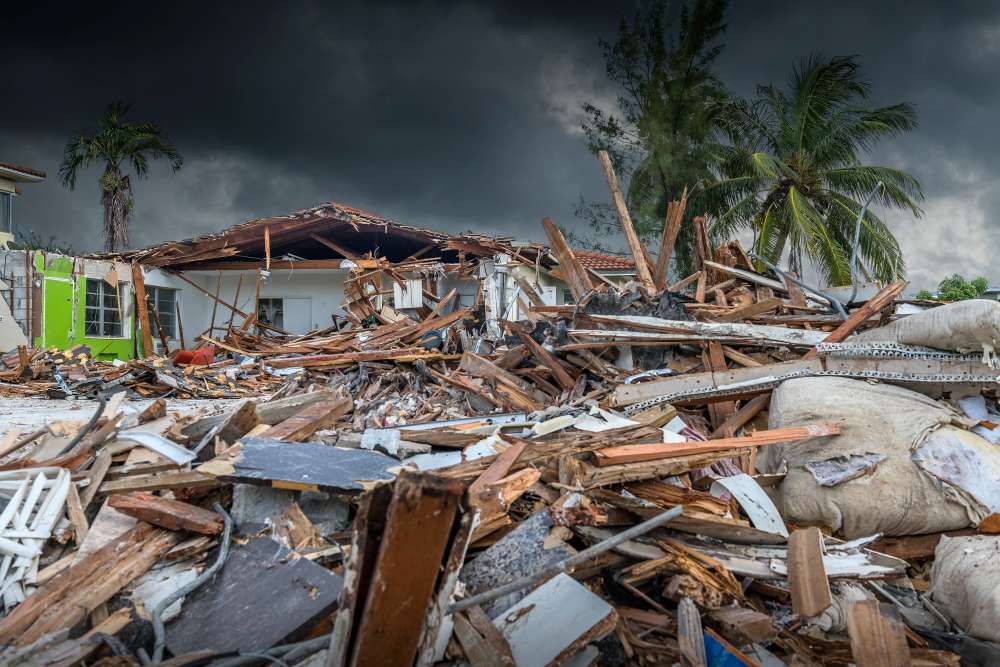
The True Costs of Ecological Catastrophes Are on Your Doorstep
The ecological crises we currently face are seen in obvious catastrophes like hurricanes that destroy homes or floods that wash them away. They also appear as small, seemingly disconnected events that silently radiate to profoundly affect our lives and the planet. Everything in Earth’s environment is interconnected, and all ecological events at some point spread globally in subtle yet deep ways.
The costs are not just financial, from raging wildfires and coral bleaching to increasingly extreme weather events and the extinction of rare or even unknown species. These crises also interfere with our social, emotional, and personal realms. If not changed, our lack of actions to mitigate the ecological damages we inflict on the planet will render Earth uninhabitable. Solutions do exist, and if we act decisively, we can keep our planet a wonderful place to live.
Impacts on Our Wallets

Every degree warmer is another dollar gone from our pockets. iStock.com/Pofuduk Images
On a worldwide scale, the direct financial costs of the ecological disasters we face are enormous. Staggeringly so! They are also largely unknown, for no one knows the true, exact costs. What is known about the costs is that all of us are paying them in one form or another.
Estimates suggest that the global expenses due to climate change, pollution, and species extinctions could exceed several trillion dollars annually. This equates to a significant amount for every individual worldwide. However, the actual cost per person varies based on their nation. These substantial financial burdens affect everyone globally.
Yet, even as we see the growing effects of climate change, governments around the world continue to pump huge amounts of money into supporting the very reason we are facing ecological disaster. As noted by the International Monetary Fund (IMF) in August 2023:
“As the world struggles to restrict global warming to 1.5 degrees Celsius and parts of Asia, Europe, and the United States swelter in extreme heat, subsidies for oil, coal, and natural gas are costing the equivalent of 7.1 percent of global gross domestic product. That’s more than governments spend annually on education (4.3 percent of global income) and about two-thirds of what they spend on healthcare (10.9 percent).”
This all seems like having a fire burning out of control with governments using our money to pour gasoline on the fire, even as many of us try to extinguish it. The results for you and me are more than just statistics. We feel it when our grocery bills inch up, we become sick, our favorite products become scarce, or when travel destinations change because of environmental degradation. Remember, when governments are called on during disasters to assist in innumerable ways, the assistance must be paid for. Regardless if you live in an area affected, costs are shared across the citizens of all countries, and the costs are growing exponentially.
Societal Repercussions and the Intangibles
Beyond economic factors are other profound societal costs. As resources such as food rise in price because they are affected by climate change, pollution, and species decline, hunger and starvation stalk citizens. Societies struggle to cope with providing services and support for their citizens, leading to discontent and violence. War affects nations as they compete for control of resources, and starving families flee to countries they perceive will be able to support them with housing, food, and employment. Forced climate change migration is already occurring and worsening yearly. Such large-scale displacements and resource scarcities further strain international relations.
Even where situations have not deteriorated to that extent, the sense that one’s community is a good place to live is eroded. Things once accepted as normal disappear. The treasured landscape changes or is completely gone. The forest you once hiked in succumbs to ravaging fires. A childhood vacation spot is now spoiled by environmental degradation. Family members, friends’ homes, or workplaces are lost to disasters. These changes shake our sense of continuity so that the world we know and love will remain stable and familiar.
Biodiversity in Decline and Our Lost Connections
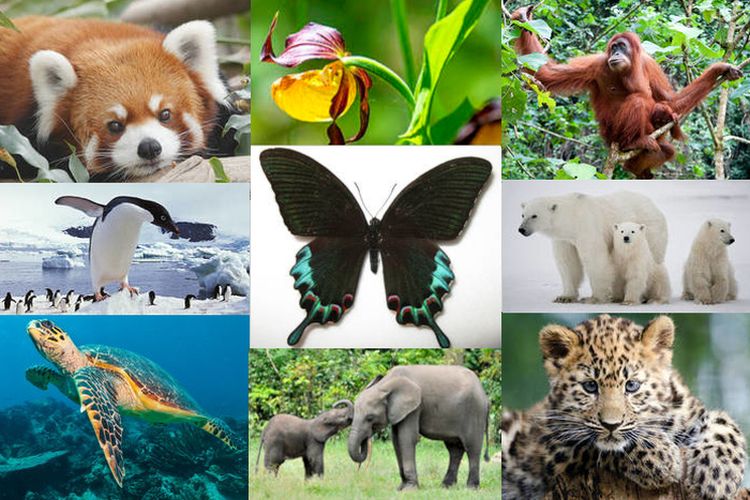
Pushed to the brink by climate chaos and human hands, these species now teeter on extinction’s edge. iStock & Depositphotos
Each species that goes extinct due to environmental damage is a broken link in Earth’s complex web that must exist to ensure that our planet is livable for all. Maybe it’s a bird species you used to admire on morning walks or a flower that no longer exists. Losses like these represent more than just minor ecological imbalances to be ignored. It cannot be stressed enough that each species depends on others for their survival or as a source of life for others.
As species are devastated by ecological disasters, we are collectively creating, the losses are passed on to others, including you and me. According to the United Nations biodiversity report, up to a million species are predicted to face extinction in decades. As they disappear, their loss will spider outward, affecting all in others, and the planet may well become the dystopian, unlivable world predicted by some. The science is clear: decide to stop destroying the beautiful planet, or the existential crisis we are creating will ultimately overwhelm us.
The Earth Is Not Ours Alone
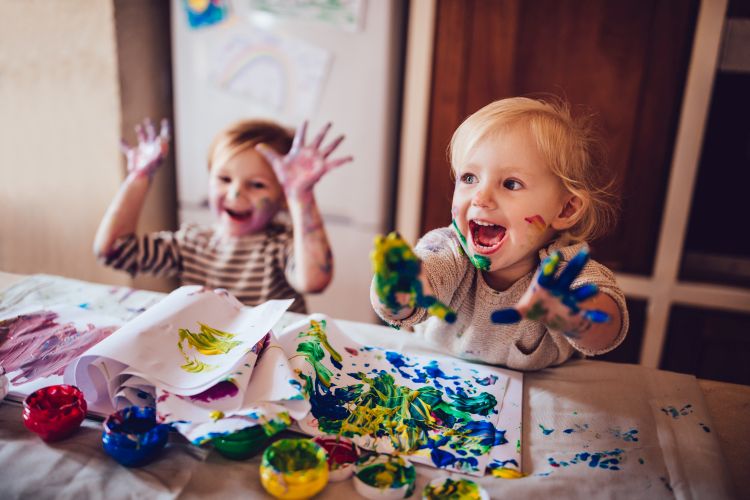
Our children rely on us for their safety and happiness. iStock.com/Wundervisuals
The long-term consequences of ecological catastrophes we are creating will affect future generations. The parks, forests, and beaches you hoped to share with your children or grandchildren may no longer exist in their world. The successes you wish and hope they would have may not be possible. Even life may not be sustainable for them, at least not as we have known it. This is more than the current effects on you and me. It’s about the collective and personal legacies we hope to leave for our loved ones.
Ecological catastrophes are not distant, impersonal events. They are both a shared global narrative and our individual stories—a story of our values, who we are, and what we stand for. Understanding the duality of how these events impact both the world at large and our worlds must inspire a commitment to action. As stewards of the Earth, we are truly at a crossroads, both for our global community and our personal lives. We have the responsibility and the power to shape a resilient, vibrant future, and we must start to do so immediately.

